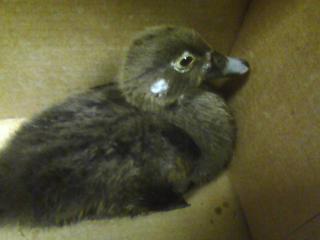My sister sent this on her phone. I guess they found it alone, swimming in a mud puddle in a parking lot in downtown Lake Charles.

Thanks!

Thanks!
Follow along with the video below to see how to install our site as a web app on your home screen.
Note: This feature may not be available in some browsers.



